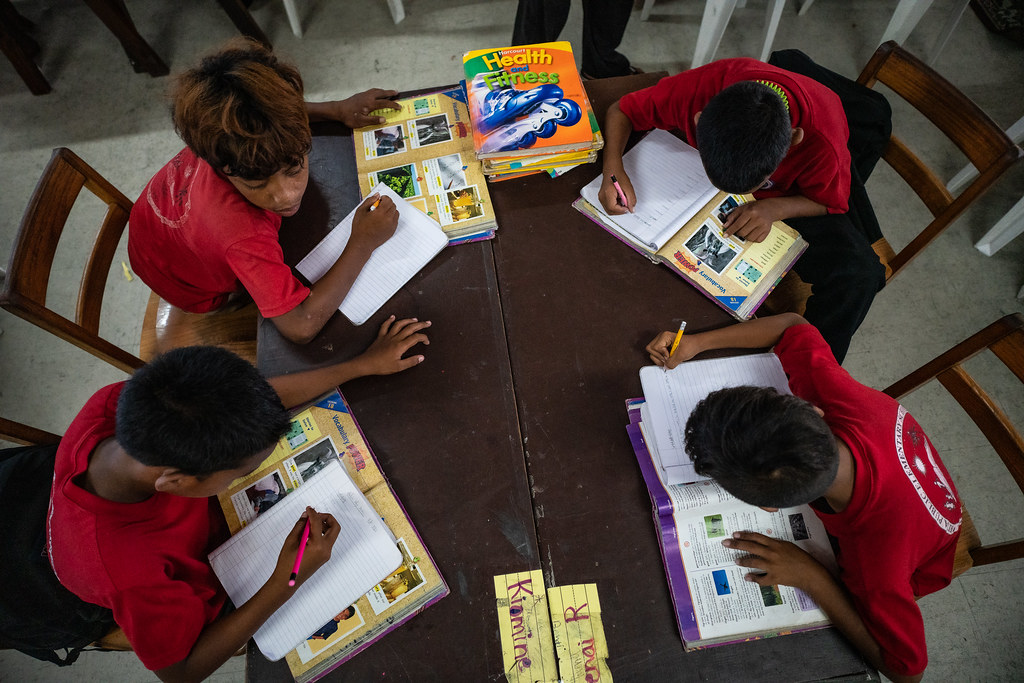
The Government of the Republic of Marshall Islands has actually received financing from the World Bank for the Education and Skills Strengthening Project (ESSP) cost. It means to apply part of the profits for consulting services.

The consulting services ("the Services") will assist the Project Manager and the RMI National Training Council in carrying out the World Bank-funded project effectively.
The task will concentrate on supporting the Project Implementation Unit (PIU) in producing a framework for Recognition of Prior Learning (RPL) for TVET, focused on helping the College of the Marshall Islands and the RMI National Training Council evaluate and enhance the skills of employees through accredited college certification.
The comprehensive Terms of Reference (TOR) for the task are indicated in the connected Terms of Reference (ToR).
The National Training Council now welcomes qualified individuals ("Consultants") to indicate their interest in providing the Services. Interested Consultants must offer info demonstrating that they have actually the required qualifications and relevant experience to carry out the Services (connect a Cover Letter of no greater than four (4) pages dealing with the necessary experience and qualification requirements curriculum vitae with a description of experience in comparable projects, similar conditions, and so on). Firms' staff may express interest through the utilizing firm for the project. In such a situation, only the experience and credentials of individuals will be considered in the selection process. The requirements for electing the Consultant are: A.
Mandatory Qualifications and Experience Master's degree in education, training
, management, or a related field. Minimum of 5-10 years of experience working in TVET System. Curriculum Design and Systems.
Have 2-5 years' experience designing and
implementing RPL. structures, policies, and procedures. A sample of previous work will be required as proof of previous experience. Exceptional interaction, training, and assistance
abilities. Experience with working with varied stakeholders, including federal government. companies, TVET organizations, employers, and students in the Pacific. B. Desired Qualifications and Experience Ability to deal sensitively in a multicultural
environment and develop reliable team relationships with clients and relevant stakeholders. The attention of interested Consultants (consisting of companies )is drawn to paragraphs 3.14, 3.16 and 3.17 of the World Bank's"
Procurement Regulations for IPF Borrowers "July 2016 revised November 2020" Procurement Regulations ", stating the World Bank's policy on dispute of interest. Additional info can be obtained at the address below during workplace hours, 0900 to 1700 local time. Expressions of interest must be
delivered in a written kind to the address below (in person or by e-mail )by 5:00 pm, 23rd December 2024.
The subject line must state:"National Training Council Strategic Plan Consultant -full name of the candidate". Julius Lucky Director National Training Council!.?.!ntcdr@ntcinfo.org:Phone: 692 625-4521 Empowering Community Champions for Sustainable Development in RMI Gender Equality, Climate Resilience and Water Safety Training Majuro,
Republic of the Marshall Islands: The fourth
Women and Youth Training for
Gender Equality, Climate Change, Disaster Risk Reduction and Water Safety Management has just recently occurred at the University of the South Pacific's school in Majuro, the Republic of the Marshall Islands(RMI ). This crucial training was organized by the United Nations Development Programme( UNDP )Pacific Office through the Addressing Climate Vulnerability in the Water Sector(ACWA) job. The week-long capacity-building training aimed to empower females and youth with the knowledge and practices required for climate-resilient water security management in the
Republic of the Marshall Islands(RMI ). This training enhances a commitment to improving RMI's water security and neighborhood strength against climate modification impacts, specifically women
and youth, guaranteeing that nobody is left behind. The training welcomed individuals from all 24 atolls and featured resource speakers from federal government companies, non-governmental companies, and global advancement partners from the RMI Environmental Protection Authority, Climate Change Directorate, Office of the Chief Secretary, Ministry of Culture and Internal Affairs, National Disaster Management Office, Women United Together Marshall Islands, RMI Human Trafficking Task Force, Waan Aelõñ in Majel, Jo-Jikum, and the International Organization for Migration. In her opening remarks, Secretary for the Ministry of Culture and Internal Affairs, Brenda Alik, highlighted the significance of collective action in developing a climate-resilient country."It is our responsibility to come together and collaborate. As we face the challenges presented by environment change, comprehending its effect on our water resources is important for enhancing the wellness of neighborhoods throughout the Marshall Islands,"she said.
RMI Environmental Protection Authority General Manager Moriana Philip highlighted in her speech the important role of females and youth in addressing climate-related difficulties."This workshop joins us from numerous communities to deal with the pressing problems we deal with today, consisting of climate-related obstacles, especially on our water resources."We want to emphasize the crucial function of females and youth in this project as your participation contributes to its success and beyond, "she said.
The first day of the workshop covered crucial problems associated with gender equality, human rights, and public health within the Marshall Islands. It included conversations on gender equality and mainstreaming, concentrating on the impacts of climate modification on water security and the out of proportion effects on susceptible groups. The importance of integrating gender equality and social inclusion into all task aspects was likewise talked about. Human rights and human trafficking were tackled, stressing the requirement for thorough security of vulnerable populations
during emergency situations. Furthermore, the workshop attended to gender-based violence, highlighting the different types that can arise in disaster situations, such as domestic violence and sexual browbeating. The program concluded with a concentrate on sanitation and hygiene and their essential role in health, incomes, school participation, dignity, and structure durable neighborhoods. ACWA Project Manager Koji Kumamaru revealed his gratitude to all participants
, stressing the value of their contributions to their neighborhoods."Women and youth are key to the success of the ACWA project. More importantly, you are the champions and future leaders who will go back to your communities to empower others,"he stated. During the workshop, individuals went to Rongrong Island and examined the 15,000-gallon Flatpack Modular water tank set up at the Rongrong High School Boys Dormitory as part of the ACWA job. The installation is a key part of the project, matched by assistance from Australia
's Department of Foreign Affairs and Trade. The go to acted as a valuable firsthand experience of the positive impact of the ACWA job on the community and its
water resources. Marie Naisher from Jabat Island revealed her appreciation for the chance to join the workshop and made clear her desire to be part of the project when it reaches Jabat.
"This was my first time taking part in such training, and I found out so much from the visitor speakers, group activities, and the website check out. I now comprehend the significance of tidy water and how to sanitize it. I'm ecstatic about the ACWA task coming to Jabat and prepared to help when it gets here,"she said. Don Kobney, an ACWA site coordinator from Santo, Kwajalein, also shared his excitement."The workshop and site check out improved my confidence and understanding of the water tank installation.
Seeing the 15,000-gallon flatpack modular water tank firsthand gave me a clear understanding of the system, and I'm anticipating sharing this understanding with my neighborhood, "he said. By the workshop's end, individuals were better geared up to understand environment modification and its regional impacts, drive adjustment and mitigation efforts, particularly in water safety, and make use of brand-new resources to impact their neighborhoods favorably. ACWA is enabled thanks to the support of the Green Climate
Fund, with the project co-financed by the Government of the Republic of the Marshall Islands
. The Marshall Islands: Skills Training and Vocational Education Project Evaluates the efficiency of the project and highlights lessons. Supplies inputs to 2 broader examinations- the local assessment of ADB assistance for the Pacific and the special assessment research study on Millennium Development Goals. The low instructional attainment and lack of Marshallese skilled workers were mostly due to the poor quality of basic education, absence of access to education in the external islands, and weaknesses in skills training and the employment and technical education system.
These supported an economy marked by high joblessness because of constrained private sector development and federal government downsizing. Joblessness was especially high among the youth and females in the external islands. Suitable local competent personnel for existing task vacancies
were not available, thus the importation of properly competent foreign employees. Hence, there was a mismatch in between readily available tasks and skills of the Marshallese labour force. These conditions supplied the initiative for the Government
of the Marshall Islands to prioritize technical and employment education training reforms. In 2000, ADB authorized a loan for $9.1 million to enhance skills training to provide well-trained workers required for sustained financial and social development. This was to be attained through an integrated national abilities training system. The task consisted of four parts: development of a career awareness program, skills training improvement, enhanced abilities training opportunities for ladies and youth, and institutional strengthening. The anticipated result was increased income-generating opportunities and employment for students, especially females and youth in the outer islands. In general, the project was rated not successful. Minimal progress was attained in making the task responsive to the requirements of its beneficiaries and private-sector employers. The enduring weakness of poor numeracy and literacy competencies
amongst public elementary and secondary school graduates and dropouts entering college or going to voc-tech education could be partly credited to the poor quality of fundamental education. The job was supply-driven and could not establish a strong linkage with private sector requirements or align its activities with the needs of the labour market. The status of the technical and professional education training system has actually stayed basically the same after project conclusion. The research study advanced that ADB could motivate the Government of the Marshall Islands, through consultation and policy discussion, to follow through on the federal government's
dedication to establishing a committed labour information system to connect technical and occupation education training program offerings with market need. Although the job set up a labour market information system, in the absence of in-house staff capability at the National Training Council, it was not completely operational.
No Data Found!

